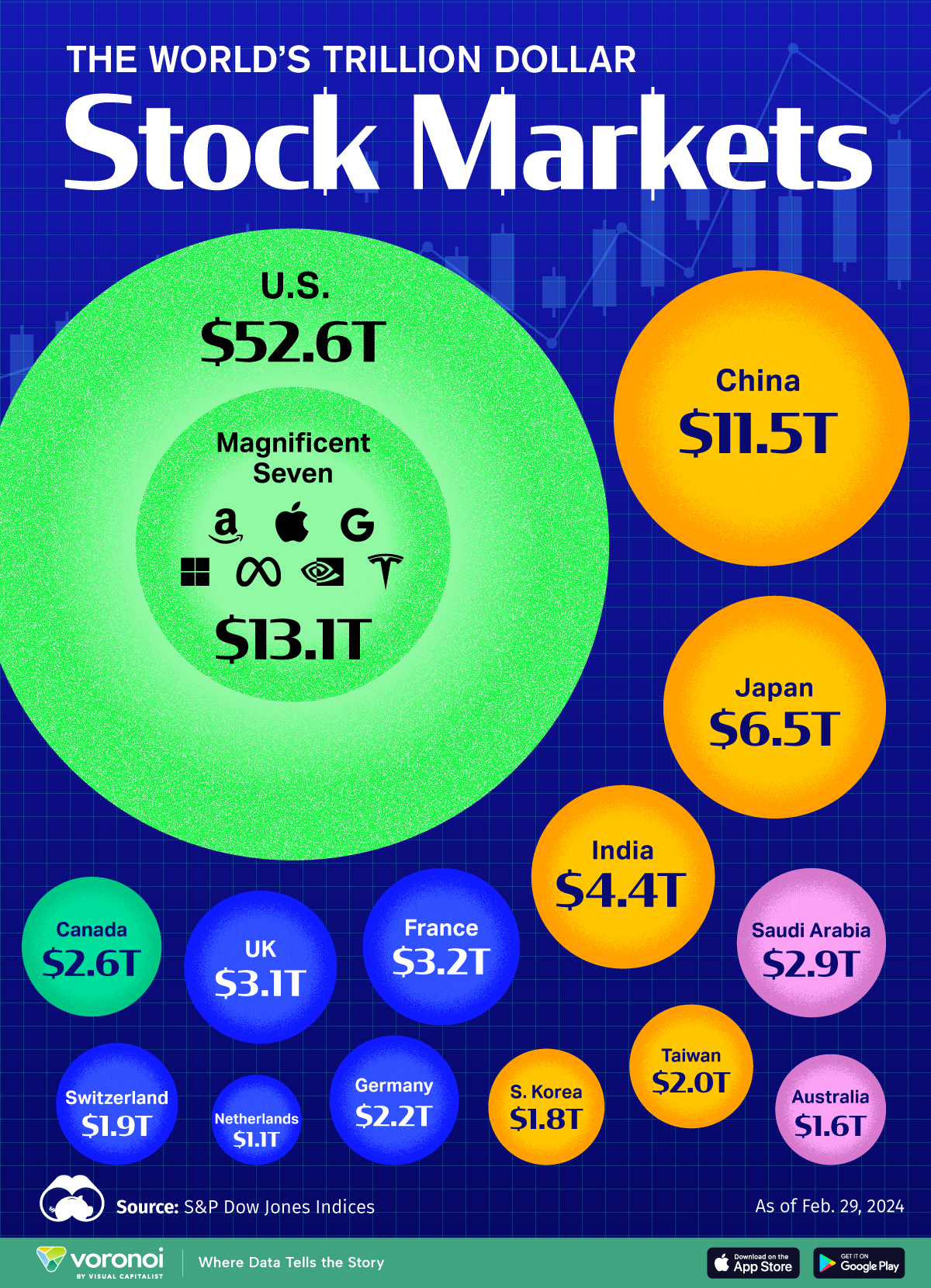India's economic stories - what does the world recently talk about!

Sarah J
Posted on Thu, Mar 14, 2024
Share the article with your network
Startup Europe India Network (SEINET) platform is the growth-facilitator for Indian startups to go global and global startups to go local in India.
Bain & Company
India’s venture capital landscape matured in 2023, as resilience accompanied challenges to shape the investment narrative. The moderation of venture capital (VC) funding in India (from $25.7 billion to $9.6 billion over 2022–23) mirrored global caution on risk capital. But despite the decline in deal flow, India maintained its status as the second-largest destination for VC and growth funding in Asia-Pacific.
When it comes to infrastructure building, is India the next land of opportunity?
Norton Rose Fulbright
It is no doubt that infrastructure growth is critical for a country’s development. To promote such growth, India is leading efforts to dedicate attention and funds to developing infrastructure, which is evident by the efforts at the central and state levels. The pandemic and the subsequent challenges to the supply chain led to India’s focus on “Make in India” and self-reliance. In light of the disruptions within the logistics sector, India resolved to expand and modernize its manufacturing capabilities. This shift in focus fueled the country’s goal to focus on infrastructure development. The governments on central and state levels are bringing in policies to facilitate the planning and execution of projects relating to power, roads and infrastructure needed for urban development, such as public transport and e-vehicles. In this article, we attempt to chart India’s path for building infrastructure.
SEINET is a high-quality network for high-value partnership driven business growth in high-tech innovation.
India signs $100bn free trade deal with four European nations
BBC News
The deal with the European Free Trade Association (EFTA) will see investments in India of $100bn (£77.8bn), the country's trade minister says.
Byju's - once India's most valued-startup is now fighting for survival
BBC News
Once India's leading privately-held company valued at $22bn (£17.38bn), it is now regarded by some as a cautionary tale for domestic start-ups, as investment company BlackRock recently slashed its valuation to $1bn.
Indian stock market is now the world's largest stock market

Startup Europe India Network platform is the growth-facilitator for Indian startups to go global and global startups to go local in India. Join Startup Europe India Network Community
You may also like
Sarah J
Fri, Dec 27, 2024
Tamil Nadu's Electronics Sector Soars to New Heights in 2024

Sarah J
Fri, Dec 27, 2024
Space Junk Crisis: Earth's Orbit Faces Kessler Syndrome Threat

Sarah J
Thu, Dec 26, 2024
India Weighs Personal Income Tax Cuts to Stimulate Consumer Spending
